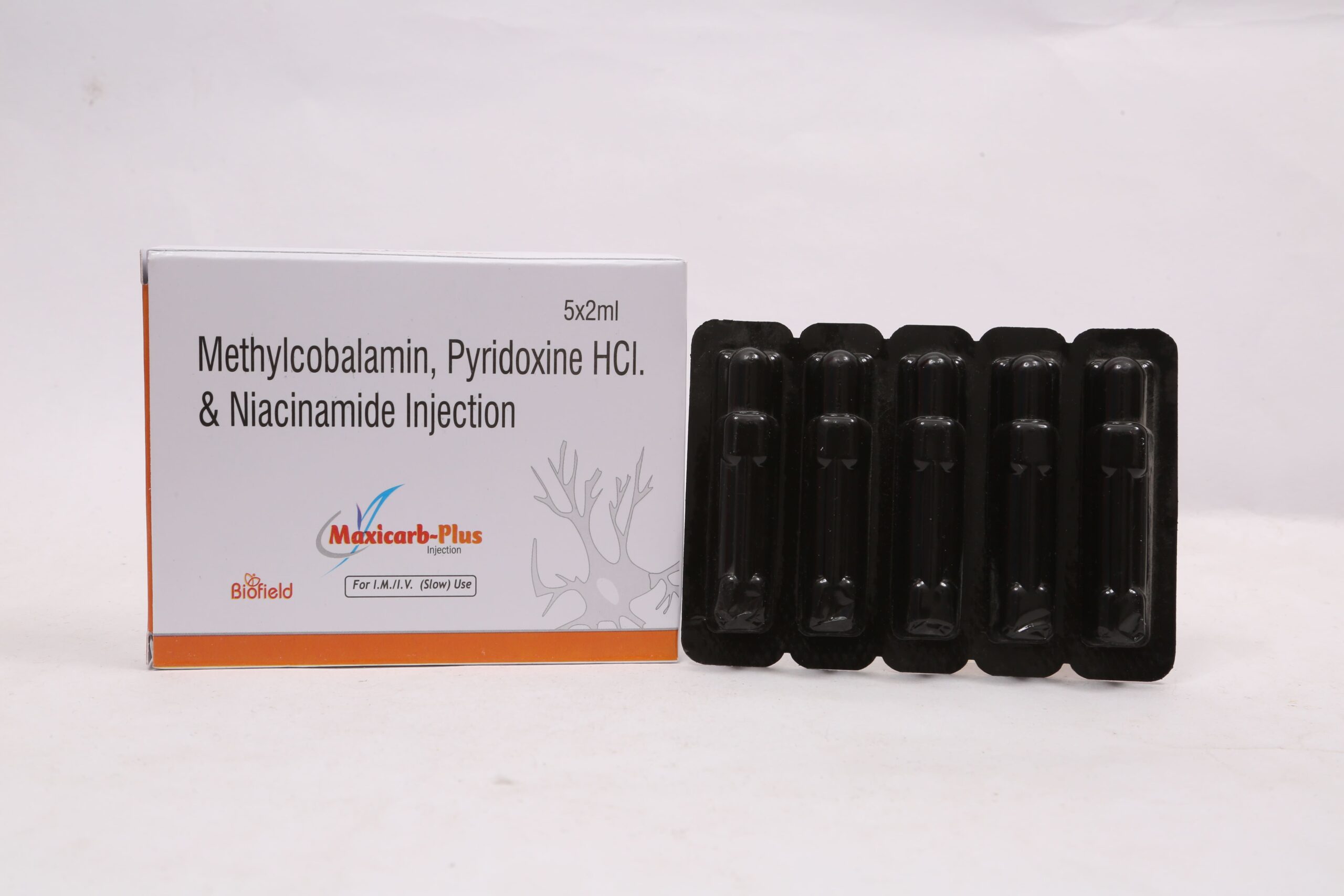- Home
- INJECTABLES
- GIVROSE INJ
GIVROSE INJ
₹280.00
Ferric Hydroxide Complex With Sucrose eq to Elemental Iron 20 Mg
SKU: 7e3109fcf2a2
Category: INJECTABLES
GIVROSE INJ: Iron Sucrose 20 mg injection is available in packing of 5*1 ml amp. General Physicians & Gynecologists prescribe the injections to refill the deficient stock of iron. An iron replenishment therapy involves an injection. It is used to treat a kind of anaemia in which the body produces insufficient red blood cells as a result of low levels of iron (iron deficiency anaemia). The red blood cells that carry oxygen throughout your body are made with the help of iron.
HOW DOES IT WORK?
GIVROSE INJ: Iron Sucrose 20 mg injection is an antiemetic drug. It refills your body's iron reserves. New red blood cells and haemoglobin, which provide these cells with the ability to transport oxygen, both need iron to form.BENEFITS
- Iron deficiency anaemia
- Iron deficiency anaemia in chronic hemodialysis
INDICATIONS
GIVROSE INJ: Iron Sucrose 20 mg injection replenishes tissue stores, reverses iron depletion and iron-deficient erythropoiesis, and corrects or prevents iron deficiency anaemia. The injection can safely be administered to hemodialysis patients intolerant to other IV iron products.ADMINISTRATION OF DOSE
Your doctor or a nurse will slowly drip an injection into a vein. Your doctor will determine the dosage you require and the recommended number of injections to treat your anaemia. Consuming an iron-rich, well-balanced diet will also be beneficial. Pulses (dal), green leafy vegetables like spinach, beans, eggs, dry fruits, and non-vegetarian foods are all excellent sources of iron.SIDE EFFECTS
The most frequent side effects are alterations in taste, elevated blood pressure, nausea, and adverse reactions at the injection site (such as pain, redness, and swelling). If this medication is administered too quickly, some people may experience a brief drop in blood pressure (hypotension). While taking this medication, your doctor will keep an eye out for any symptoms of an allergic response, such as shortness of breath, dizziness, a general sensation of unease, hives, swelling of the face, tongue, and throat, etc. Speak with your doctor or nurse if they disturb you or last for a long time.PRECAUTIONS
You shouldn't use this medicine if your anaemia is not due to an iron deficiency. If you have liver problems, high blood pressure, rheumatoid arthritis, asthma, or any other sensitivities, let your doctor know before using it. This may affect how you are treated. If you are pregnant or breastfeeding, please talk to your doctor before taking this drug as it is not known if doing so is safe. You will have tests to monitor your growth, look for side effects, and evaluate your iron and blood cell levels. During treatment, limiting alcohol use may be a smart move.Related products
-
VASTNAC INJ
₹29.90 -
GIVPEP-40 INJ
₹56.50 -
VOMICAP INJ
₹12.28 -
MAXICARB PLUS INJ
₹70.00
Enquire Us

×







